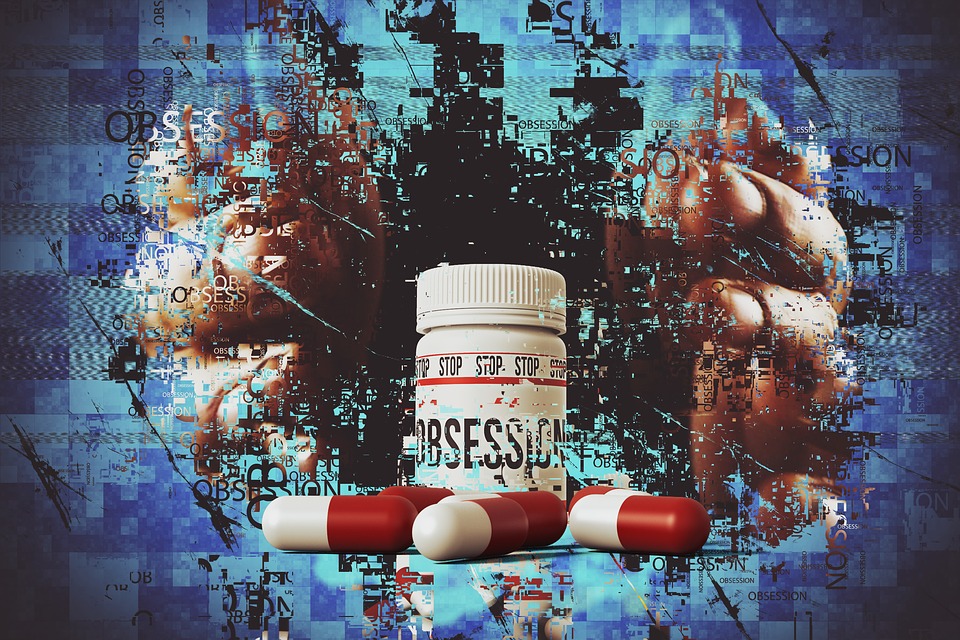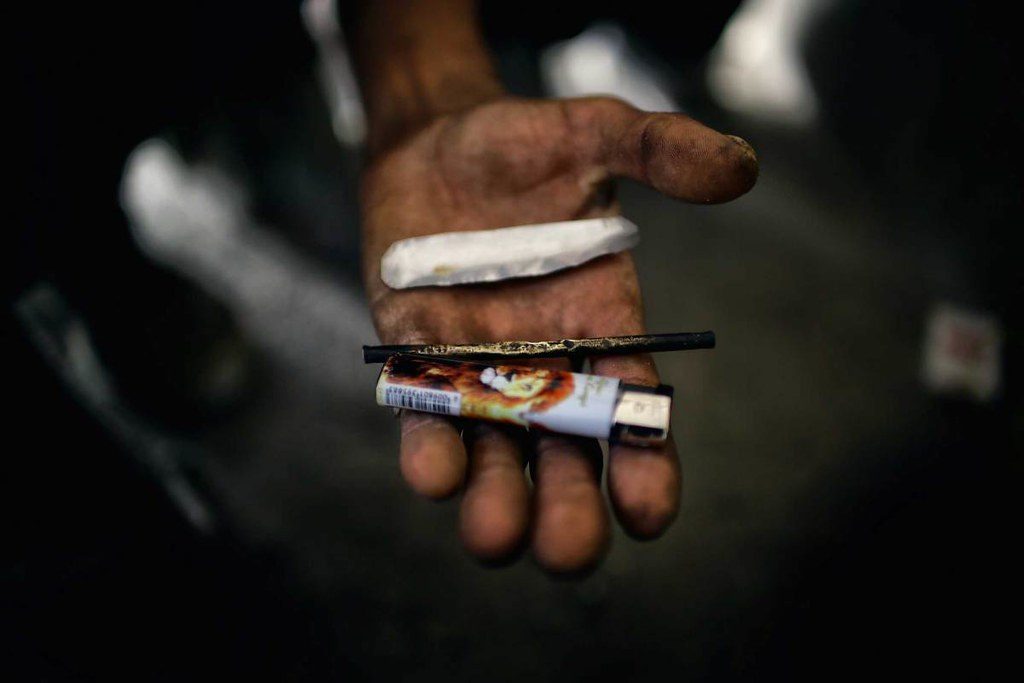Overview
Drug addiction, also called substance use disorder, is a disease that affects a person’s brain and behavior and leads to an inability to control the use of a legal or illegal drug or medication. Substances such as alcohol, marijuana and nicotine also are considered drugs. When you’re addicted, you may continue using the drug despite the harm it causes.

Drug addiction can start with experimental use of a recreational drug in social situations, and, for some people, the drug use becomes more frequent. For others, particularly with opioids, drug addiction begins with exposure to prescribed medications, or receiving medications from a friend or relative who has been prescribed the medication.
The risk of addiction and how fast you become addicted varies by drug. Some drugs, such as opioid painkillers, have a higher risk and cause addiction more quickly than others.
As time passes, you may need larger doses of the drug to get high. Soon you may need the drug just to feel good. As your drug use increases, you may find that it’s increasingly difficult to go without the drug. Attempts to stop drug use may cause intense cravings and make you feel physically ill (withdrawal symptoms).
You may need help from your doctor, family, friends, support groups or an organized treatment program to overcome your drug addiction and stay drug-free.
Symptoms
Drug addiction symptoms or behaviors include, among others:

- Feeling that you have to use the drug regularly — daily or even several times a day
- Having intense urges for the drug that block out any other thoughts
- Over time, needing more of the drug to get the same effect
- Taking larger amounts of the drug over a longer period of time than you intended
- Making certain that you maintain a supply of the drug
- Spending money on the drug, even though you can’t afford it
- Not meeting obligations and work responsibilities, or cutting back on social or recreational activities because of drug use
- Continuing to use the drug, even though you know it’s causing problems in your life or causing you physical or psychological harm
- Doing things to get the drug that you normally wouldn’t do, such as stealing
- Driving or doing other risky activities when you’re under the influence of the drug
- Spending a good deal of time getting the drug, using the drug or recovering from the effects of the drug
- Failing in your attempts to stop using the drug
- Experiencing withdrawal symptoms when you attempt to stop taking the drug
Burlington County receives grant funding from the New Jersey Department of Human Services, Division of Addiction Services (DAS) to fund alcohol and drug abuse treatment planning and programs for county indigent residents. The grant funding derives from New Jersey P.L. 1989, Chapter 51 and designates that each county write an annual Comprehensive Alcohol and Drug Abuse Services Plan (County Plan) and submit a contract application for use of Alcohol Education, Rehabilitation and Enforcement Fund (AEREF) and other state discretionary funds.
Burlington County contracts with DAS licensed treatment providers for services that provide a continuum of care. Clients seeking treatment under Burlington County funding are pre screened by the Alcoholism and Drug Abuse Unit and are then referred to a county contracted treatment provider for services.

Charged With A Drug Crime?
You’ve come to the right place. Sometimes substance abuse treatments don’t work, and these people find themselves facing drug crime charges.
If you suffer from addiction or substance abuse and have been arrested for a drug offense, an experience drug crimes attorney in Burlington can help.
Use a local drug crimes attorney near you to help prevent a multi-year jail sentence.
